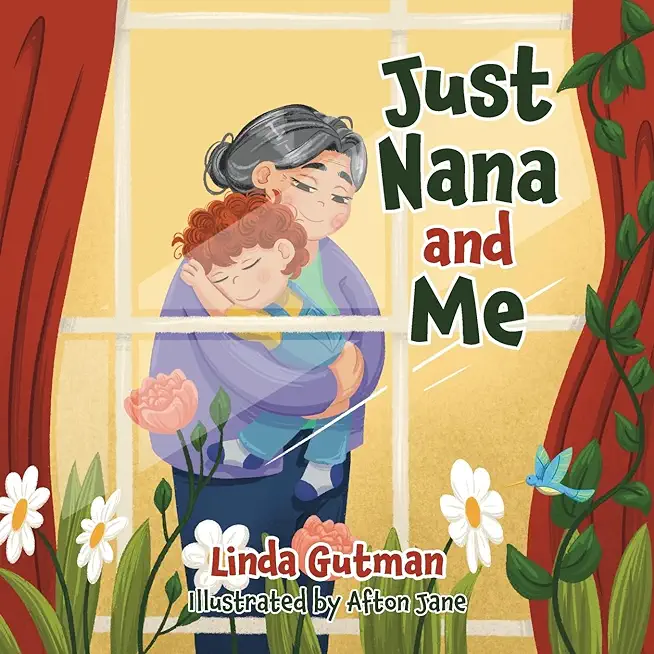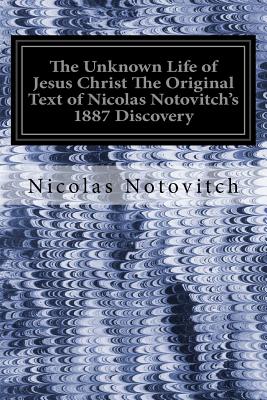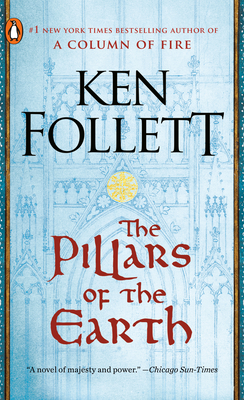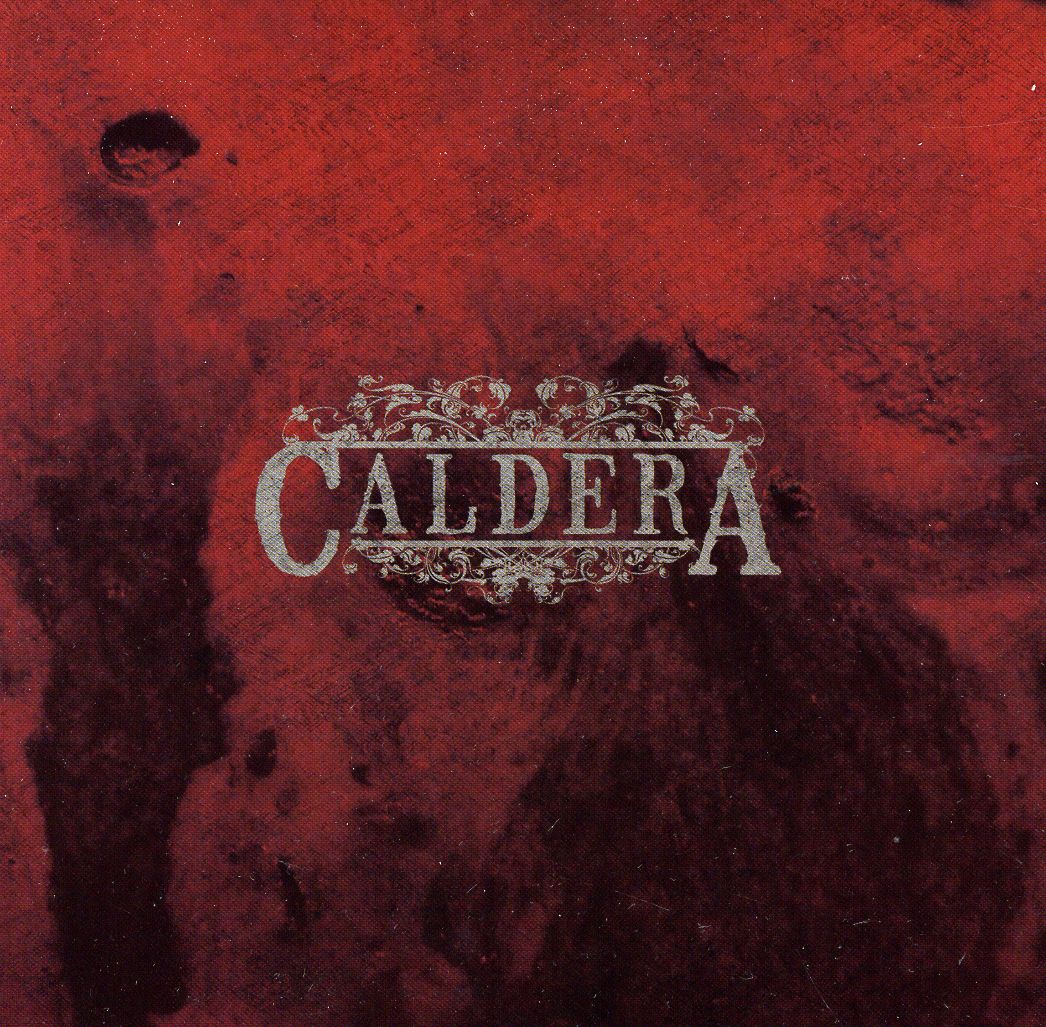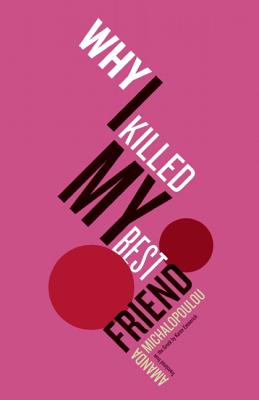
Flawlessly translated, Amanda Michalopolou's WIKMBF uses the backdrop of Greek politics, radical protests, and the art world to explore the dangers and joys that come with BFFs. Or, as the narrator puts it, 'odiodsamato, ' which translates roughly as 'frienemies.'--Gary Shteyngart
In Amanda Michalopoulou's Why I Killed My Best Friend, a young girl named Maria is lifted from her beloved Africa and relocated to her native Greece. She struggles with the transition, hating everything about Athens: the food, the air, the school, her classmates, the language. Just as she resigns herself to misery, Anna arrives. Though Anna's refined, Parisian upbringing is the exact opposite of Maria's, the two girls instantly bond over their common foreignness, becoming inseparable in their relationship as each other's best friend, but also as each other's fiercest competition--be it in relation to boys, talents, future aspirations, or political beliefs.
From Maria and Anna's grade school days in '70s, post-dictatorship Greece, to their adult lives in the present, Michalopoulou charts the ups, downs, and fallings-out of the powerful self-destructive bond only true best friends can have. Simply and beautifully written, Why I Killed My Best Friend is a novel that ultimately compares and explores friendship as a political system of totalitarianism and democracy.
Amanda Michalopoulou is the author of five novels, two short story collections, and a successful series of children's books. One of Greece's leading contemporary writers, Michalopoulou has won that country's highest literary awards, including the Revmata Prize and the Diavazo Award. Her story collection, I'd Like, was longlisted for the Best Translated Book Award.
Karen Emmerich is a translator of Modern Greek poetry and prose. Her recent translations include volumes by Yannis Ritsos, Margarita Karapanou, Ersi Sotiropoulos, and Miltos Sachtouris. She has a Ph.D. in Comparative Literature from Columbia University and is on the faculty of the University of Oregon.
